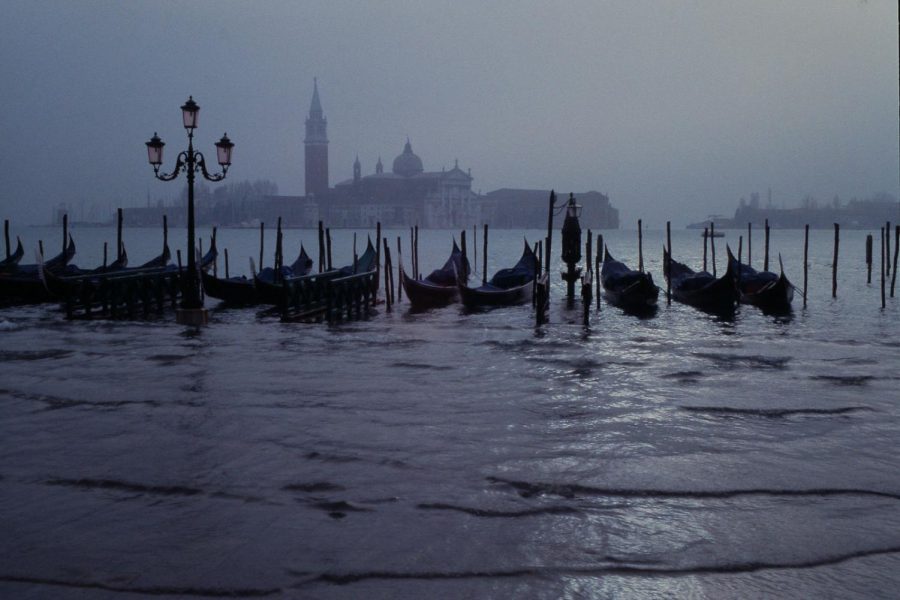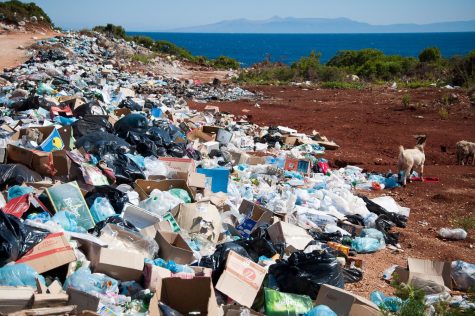Climate Change: “The Floating City
An extremely high tide engulfed the city of Venice, Italy on Tuesday, November 12th, leaving some parts of the city flooded with water depths up to six feet. The city was forced to shut down all schools and even popular tourist destinations like St. Mark’s Square (pictured above). As many citizens attempted to drain their homes and stores with drainage pumps, Italian officials issued a state of emergency. This flood was just one out of three that hit Venice that week, the worst flooding in 53 years.
Mayor Luigi Brugnaro explained to his citizens that it was a mix of heavy rain, the full moon and powerful southerly winds that pushed the tide up to these high levels. However, this overflow of water was not only due to the shifting moon tides, “these are the effects of climate change,” Brugnaro said in one of his tweets, “The costs will be high.”
Climate change is a change in global climate patterns; these changes have risen in providence during the 20th century due to technological advancements and industrialization. The burning of fossil fuels releases greenhouse gases, such as carbon dioxide and methane into our atmosphere. These gases are then trapped and create a heat blanket over the earth’s atmosphere that raises overall global temperatures. Rising temperatures have led to global droughts, changes in precipitation patterns, heat waves, stronger hurricanes and the melting of Arctic ice caps, which directly creates rising sea levels.
Many organizations have been working to compensate for the environmental effects of climate change. Venice has enacted MOSE, a project intended to protect the city through tidal gates that regulate flooding. On a global scale, Italy and the other countries of the UN met at the September 29th, Climate Summit to discuss climate change, action, and plan for the 2020 UN Climate Conference. Italy is also the first country to require climate change curriculum in school systems to ensure awareness of the subject.
Even at FA, climate change is incorporated into our community through bio classes and the Sustainability Committee which recently installed a fish tank outside the bio lab. Club leader, Ella Barry, shares that she loves to “see little kids coming though to watch the fish… it raises awareness about our environment”. Whether it’s due to the underwater city of Venice or little kids gazing into VJ’s fish tank, the world continues to discuss climate change and the action that needs to follow it.











